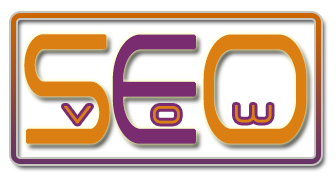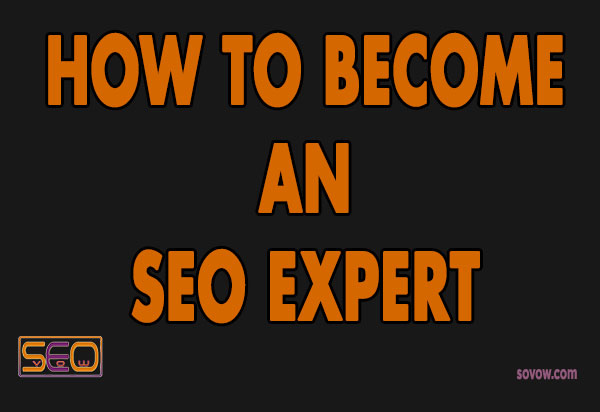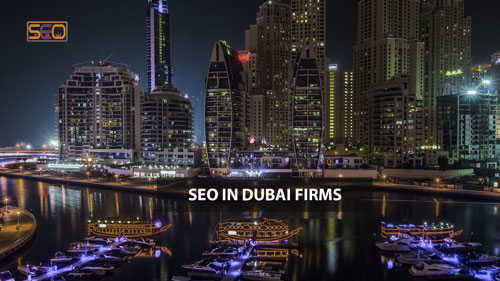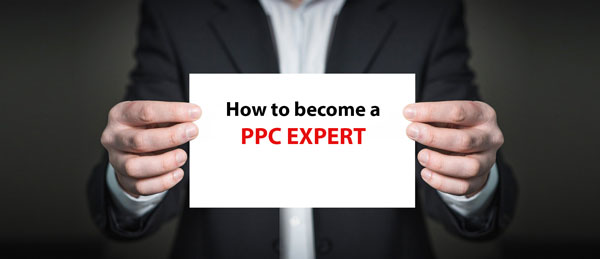E-commerce stands for Electronic commerce. To be more precise an online commerce or commerce made on the internet. You can call it also internet commerce if you want. So e-commerce is online shopping or shopping products and services online or through the internet. Generally, e-commerce involves an online store that contains a category or list of products or services that a company sells on internet platforms such as a website, Mobile Apps, or Social Media Channels. The online store is the most important part of selling the products online, the online customers have to be able to access the internet store so that they can choose and put the selected products in their shopping cart or contacting the product seller so that the chosen products can reach them on their selected physical locations.
On-page or On-site Optimization is the process of improving the website’s search results by optimizing the website’s keywords terms that Search Engine users would be typing in their search box. The On-page Optimization is made by a webmaster, web developer, or any other person who has the website’s hosting access and login details such as username and password. This SEO step involves the editing of every web-page keywords search terms that a user or web visitor can type for retrieving the website content.
There are important steps to take for optimizing for On-page such as URL, title and Meta tags, images, videos, sitemaps, and keywords volume optimization and website ownership verifications.

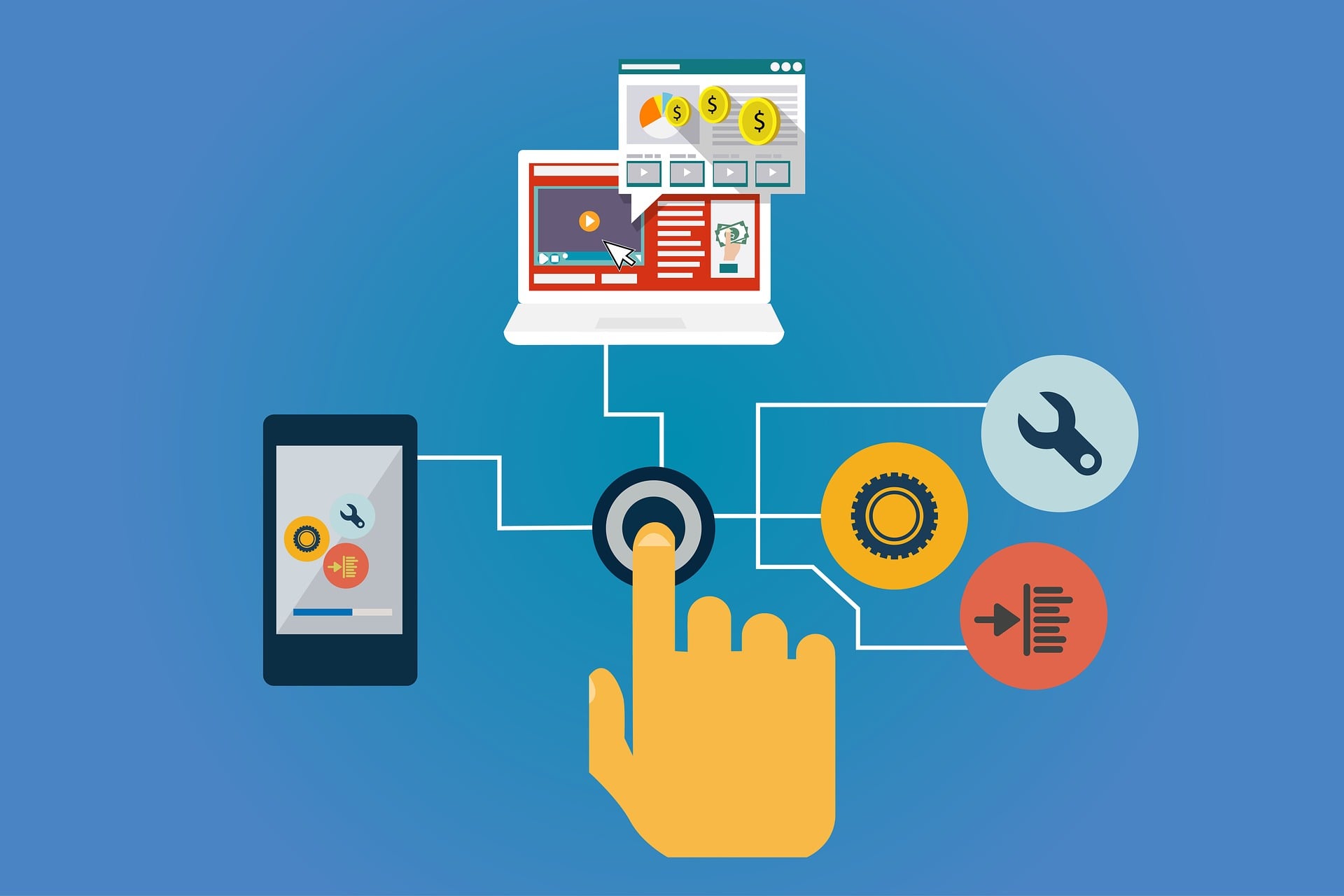

Off-page or On-site Optimization is the process of optimizing the website ranking outside of the website or without accessing the website hosting server. This means that you do not necessarily need to login instead you have to access the tools or other websites you need to use for optimizing your website externally. Off-page optimization steps consist of backlinks, Google Search Console, Google My Business, Directories, Social Media Optimization, and Analytics linking and all external connection with your website. To sum up, SEO or Search Engine Marketing is free and organic, you do not need to pay money for getting better Search Engine Results comparing to Search Engine Marking or SEM where you need to spend money to appear in Search Engines Search results.
PPC means Per Per Click. Pay Per Click is the process of paying money to advertise the company’s products or services. Once your ad is clicked by a web visitor, the advertisers or Marketers place advertisements which may be a web link or a web banner on an adverting website or Mobile Applications, so whenever a user clicks on those ads the web marketers will be charged some amount that he has set up on his ad campaigns. On PPC marketing, we will focus on Search Engines such as Google, Bing, and Yahoo, therefore, we will also take a look at PPC used by Social Media Marketing platforms such as Facebook, Instagram, Twitter, and LinkedIn.
Search Engine Marketing or SEM is the marketing strategy used for Marketing the products or services through Search Engines platforms. Using Search Engine Marketing requires paying some money to the companies that own Search Engines such as Google, Bing, and Yahoo in order to promote or brand the company’s products and services on those Search Engine Companies and their advertising partners.
Search Engine Marketing involves Website and Mobile Apps Marketing. The advertisers use web links or hyperlinks, Banners, Video on different search platforms. Our ecommerce marketing services will mostly focus on Google Ads or Formerly Google Adwords, Google Partners, Bing and Yahoo tricks and tips used advertising.
